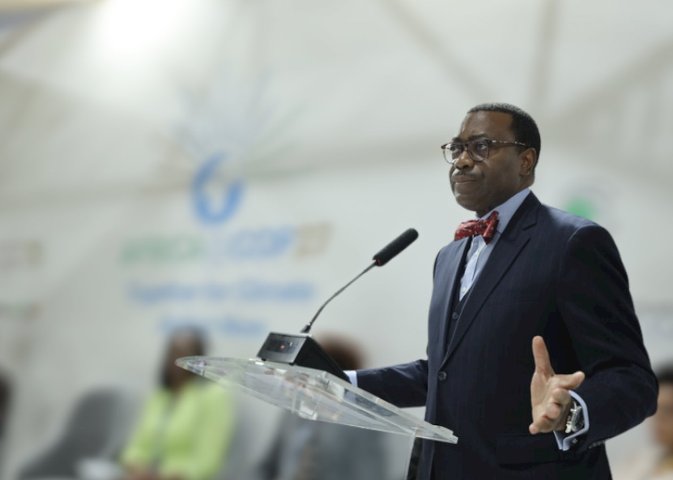Despite global economic challenges, African economies are showing remarkable resilience and growth potential. The African Development Bank Group's (AfDB) latest African Economic Outlook (AEO) report, unveiled at the Bank’s Annual Meetings in Nairobi, highlights promising growth rates for the continent. The report projects that 41 African countries will experience stronger growth rates in 2024 compared to 2023.
Key Highlights from the Report
Growth Projections:
Africa is expected to maintain its ranking as the second fastest-growing region globally, after developing Asia, in both 2024 and 2025.
The average growth rate for Africa is forecasted to rise to 3.7% in 2024 and 4.3% in 2025, surpassing the projected global average of 3.2%.
East Africa is expected to lead as the fastest-growing region, with a projected real GDP growth of 4.9% in 2024 and 5.7% in 2025.
Regional Growth Performance:
East Africa: Growth is projected to increase significantly, despite conflicts in Sudan and South Sudan.
Central Africa: Growth is expected to moderate slightly but improve strongly by 2025 due to favorable metal prices.
West Africa: Growth is projected to pick up, driven by stronger performances in Côte d’Ivoire, Ghana, Nigeria, and Senegal.
North Africa: Growth is projected to decline slightly in 2024 before recovering in 2025.
Southern Africa: Growth is expected to improve slightly, with South Africa’s performance being a significant factor.
Challenges and Recommendations:
The report warns that Africa is off track to meet most of the Sustainable Development Goals (SDGs) by 2030.
Without corrective action, Africa could be home to 87% of the world’s extreme poor by 2030.
Key recommendations include leveraging private sector financing, simplifying global climate finance architecture, reforming multilateral development banks, streamlining debt resolution mechanisms, and enhancing domestic resource mobilization.
Strategic Policies and Infrastructure:
Strategic policies and firm political commitment are crucial for effectively using resource wealth for domestic revenue generation.
Investing in both hard infrastructure (e.g., roads, railways) and soft infrastructure (e.g., governance capacity) is essential for accelerating structural transformation.
Reforming the Global Financial Architecture
The AEO 2024 calls for an overhaul of the global financial architecture to better support Africa’s economic transformation. This includes:
Leveraging Private Sector Financing: Encouraging greater private sector participation to complement public investments, particularly in high social return areas like climate action and human capital development.
Simplifying Climate Finance: Streamlining the global climate finance system to enhance access for African countries disproportionately affected by climate change.
Reforming MDBs: Urging multilateral development banks to provide long-term concessional financing at scale, bolster their capital positions, and ensure the healthy replenishment of their concessional windows.
Streamlining Debt Resolution: Advocating for reforms to expedite debt workouts and ensure sustainable debt management through innovative market-based solutions.
Enhancing Domestic Resource Mobilization: Strengthening tax policies, improving government revenue collection efficiency, combating illicit financial flows, and leveraging natural resources.
The African Economic Outlook 2024 provides crucial insights and analysis for policymakers across the continent. Despite the challenges, the report highlights Africa's growth potential and underscores the need for strategic reforms to foster sustainable development and economic resilience. As AfDB President Dr. Akinwumi Adesina remarked, Africa’s future is bright, provided the continent can address governance, transparency, accountability, and climate change issues effectively.











